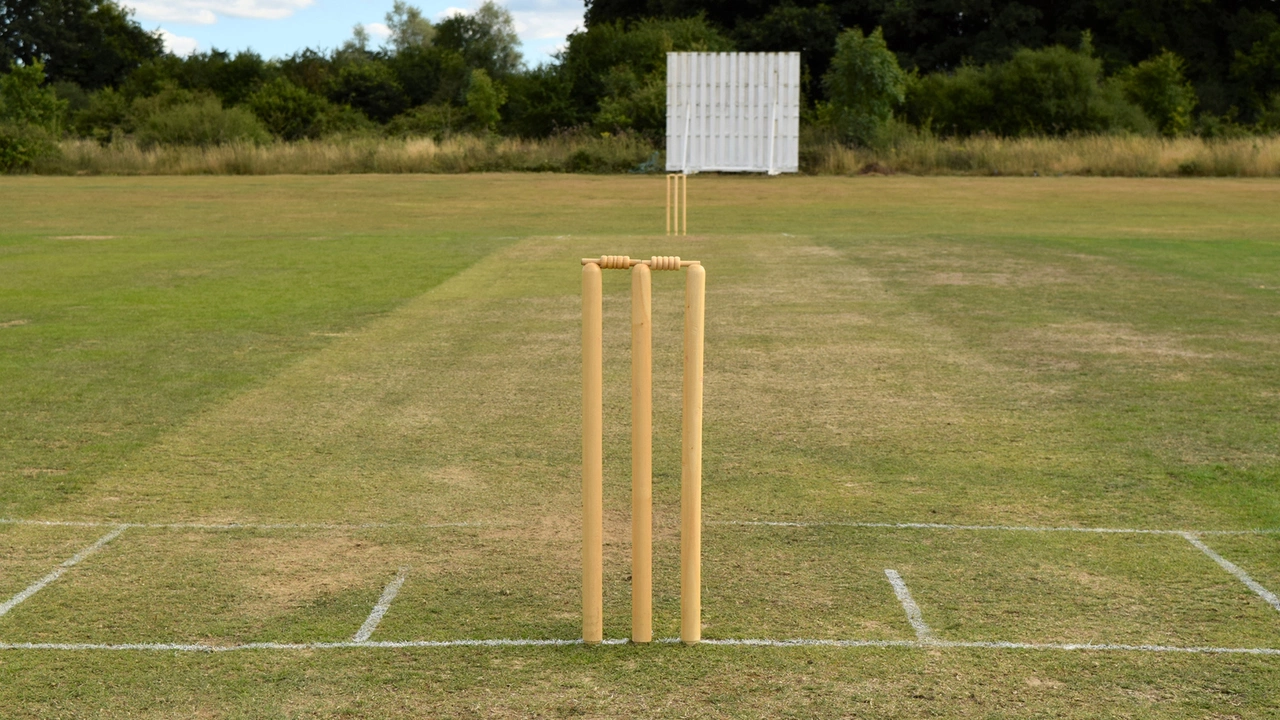Sports and Recreation – Cricket Ground Sizes Explained
When diving into Sports and Recreation, the broad field that includes any activity promoting physical health and enjoyment. Also known as leisure sports, it brings together everything from backyard games to professional stadium events.
One of the most talked‑about topics in this arena is the cricket ground, the oval area where matches are played, complete with a central pitch and surrounding field. Fans often wonder about its square footage, the total surface area measured in square feet. In reality, a ground can range from roughly 15,000 sq ft for a small club field to over 150,000 sq ft for an international venue. That huge variation isn’t random – it follows the stadium regulations, the official rules that define minimum and maximum dimensions for different levels of play. Those rules shape how the game flows, where fielders stand, and how bowlers deliver the ball.
Understanding the size of the pitch itself is just as crucial. The pitch measures 22 yards (66 ft) long, but the width can differ based on the ground’s overall layout. Larger grounds often allow a wider pitch, giving bowlers more room to vary their line. Smaller venues may compress the playing area, forcing batsmen to adjust their shot selection. This relationship means that cricket ground size directly influences match strategy – a fact coaches keep in mind when planning training sessions. When you know the exact dimensions, you can predict bounce, swing, and how the ball behaves after pitching.
Beyond pure numbers, the way a ground is laid out impacts player safety and spectator experience. Regulations require a minimum distance between the boundary and any permanent structure, protecting fans from stray balls. They also dictate the quality of the turf, ensuring a consistent roll for the ball. For grounds that host multiple sports, these rules help balance the needs of cricket with those of football, rugby, or concerts. In short, the size of a cricket ground is more than a static figure; it’s a living part of the sport’s ecosystem.
Below you’ll find a hand‑picked collection of articles that break down these ideas further. Whether you’re curious about how a small village pitch compares to Lord’s, or you need tips for measuring your own backyard setup, the posts ahead give clear answers and real‑world examples. Dive in and see how the numbers shape the game you love.


